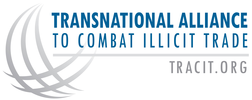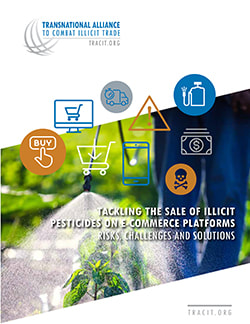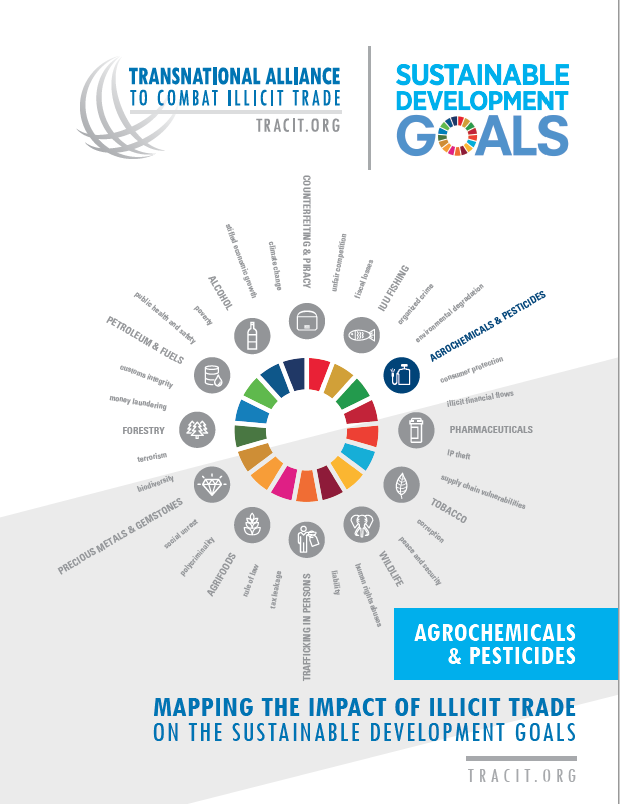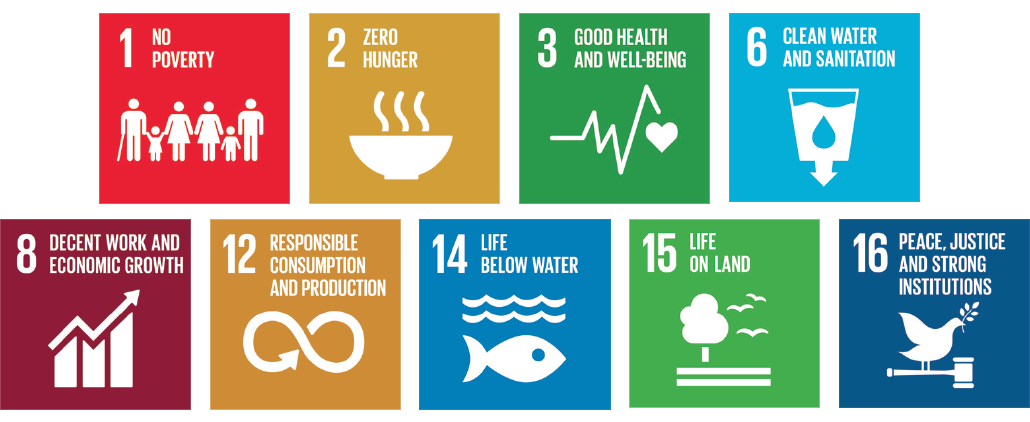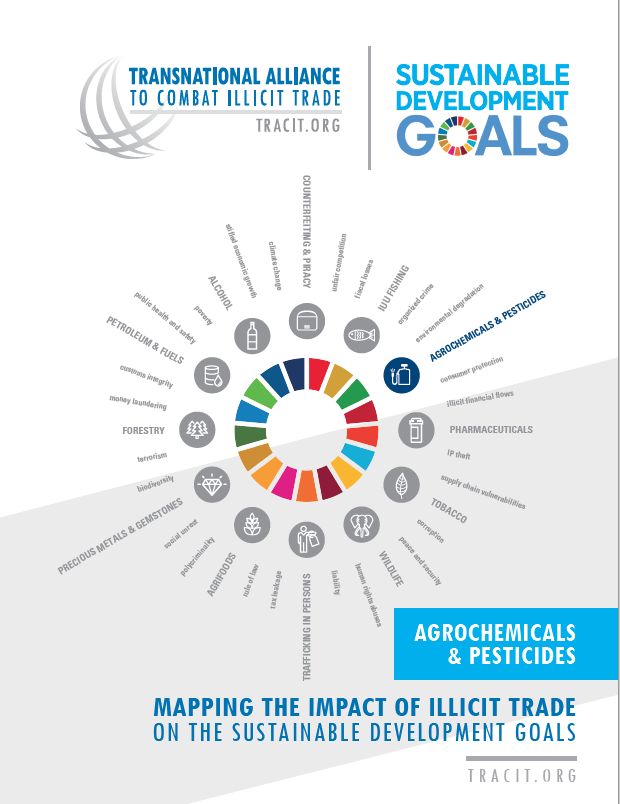Illicit Trade in Agrochemicals and Pesticides

The trade in counterfeit and illegal pesticides both online and offline presents significant threats not only to agriculture but also to public health and the environment. These illicit products often contain banned or restricted chemicals, posing severe risks to farmers' health and consumers while damaging crops and the environment.
Illicit pesticides bypass safety regulations during transport, risking the safety of transport staff, bystanders, and the environment due to improper handling of toxic and hazardous substances. Furthermore, illicit pesticides undermine legitimate businesses, deprive governments of tax revenue, impact GDP and job growth and can cause damage to the entire food chain. In addition, criminals have also entered the crop protection market in pursuit of illegal profits, especially in developing countries where regulation and enforcement are weak. Financially, the impact of counterfeit pesticides is enormous, with global revenues from this illicit trade estimated between $8 to $20 billion annually. In Europe, counterfeit pesticides represent about 14% of the market, costing the legitimate industry roughly €1.3 billion in lost revenue each year (EUIPO, 2017) The broader economic toll includes significant job losses and substantial dips in government revenues due to reduced taxable sales. Developing countries face even harsher impacts, with places like Kenya reporting illegal pesticides make up to 20% of their market, leading to substantial revenue losses. Publications
Tackling the sale of illicit pesticides on e-commerce platforms
Featured Events
Third party publications
|
Learn how illicit trade in agrochemicals and pesticides impacts the achievement of the UN Sustainable Development Goals
From smuggling, counterfeiting and tax evasion, to the illegal sale or possession of goods, services, humans and wildlife, illicit trade is compromising the attainment of the UN SDGs in significant ways, crowding out legitimate economic activity, depriving governments of revenues for investment in vital public services, dislocating millions of legitimate jobs and causing irreversible damage to ecosystems and human lives.
The TRACIT report Mapping the Impact of Illicit Trade on the Sustainable Development Goals investigates illicit trade in 12 key sectors that participate significantly in international trade and are most vulnerable to illicit trade. For each sector, the negative impacts of illicit trade are mapped against the 17 UN SDGs. The full report is available here. Read the chapter:
The trade in illegal and counterfeit pesticides is organised by highly sophisticated criminal networks. Criminals have developed complex global supply chains and exploit legal companies to camouflage their activities. The global revenues associated with this crime are estimated to be billions of euros a year. MEDIA CENTER Brazil
|
